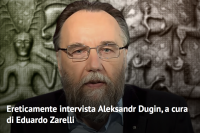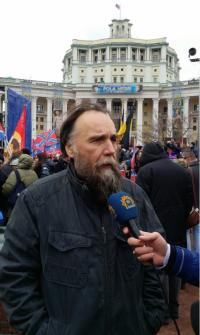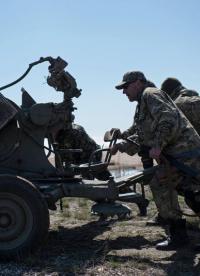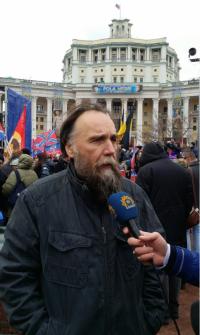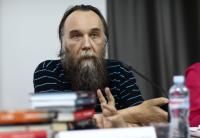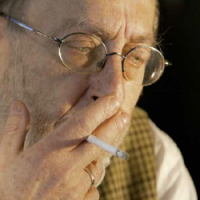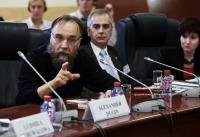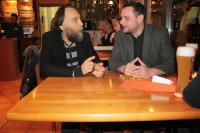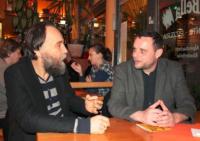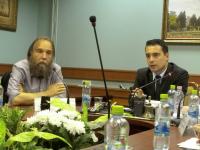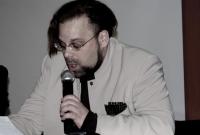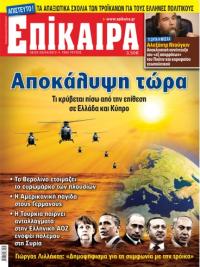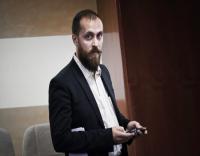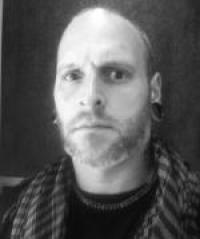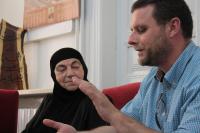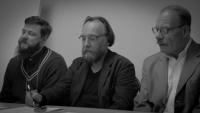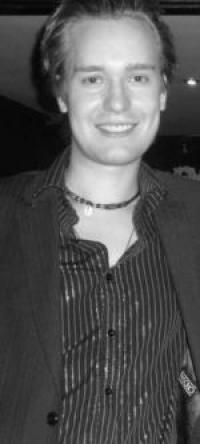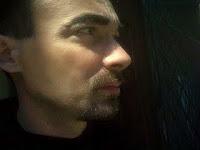Apportioned (distributed) Heartland
A Chinese Heartland is an altogether different question. If we recognize China as bearing the status of a Heartland, then we are emphasizing the conservative aspect of China - China as Land Power. But if China declares itself to be a Heartland against Russia, just as Hitler’s Germany declared itself to be Eurasia against Russia, then conflict will immediately arise. But in the case of an apportioned (distributed) Heartland, this acquires a completely different meaning.
Then it is possible to consider such Heartlands as a Russian Heartland, a European Heartland, a Chinese Heartland, and an Islamic Heartland (at least 3-4 empires from Turkey to Pakistan). The concept of an apportioned Heartland can be expanded to India, and projected onto Latin America and Africa as well.


